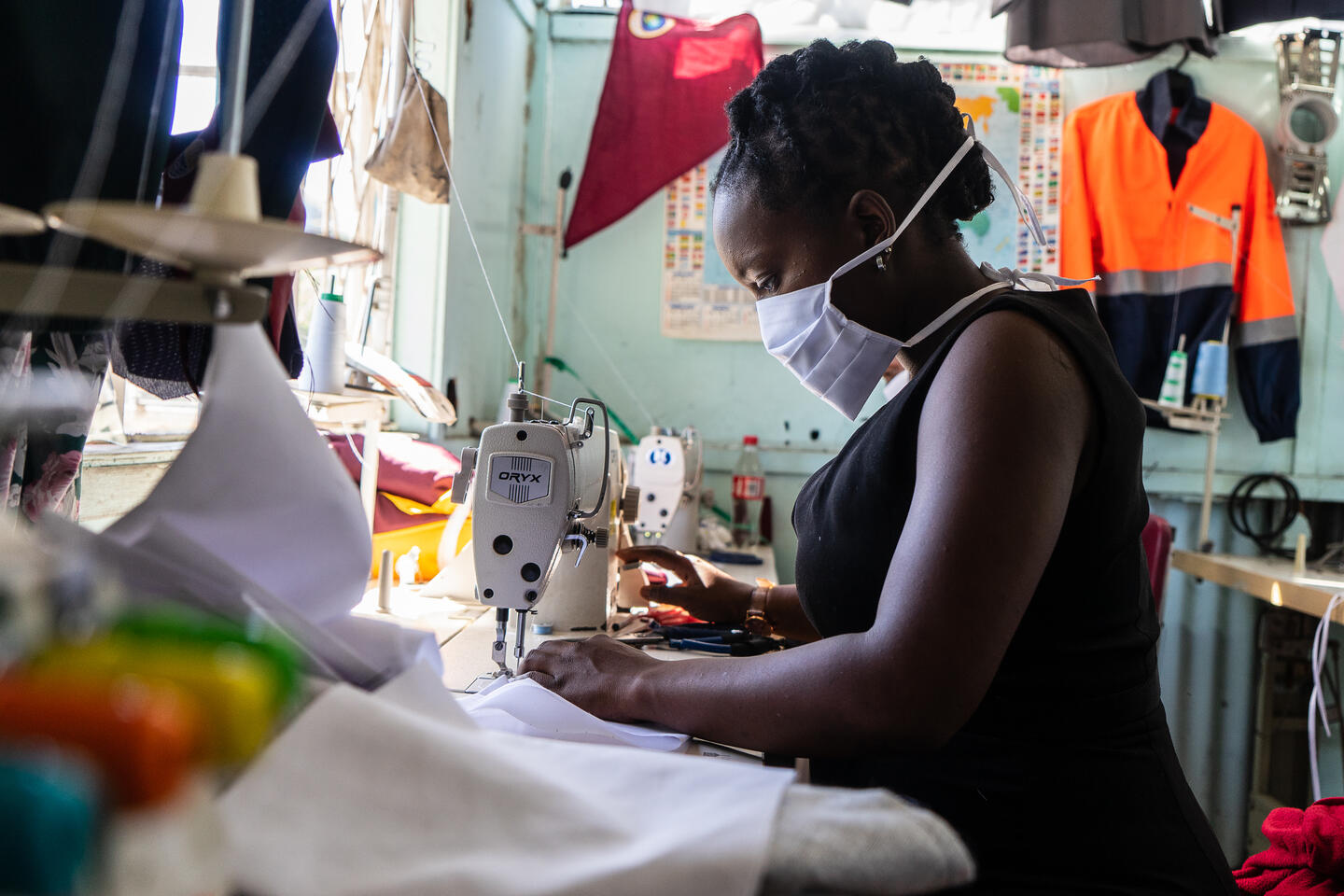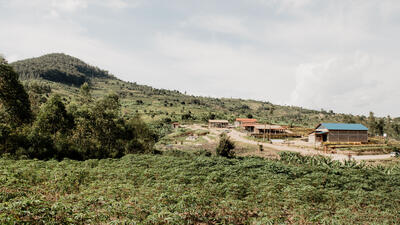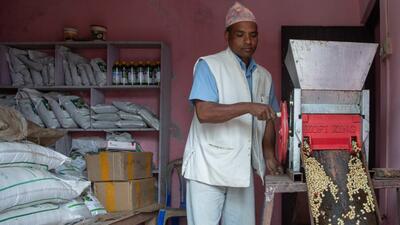
And what is your resilience strategy?
The current climate for small business calls for a situation of “adapt or die”. The challenge is, however, that many are not equipped to adapt, and therefore “die”.
One thing the pandemic has shown us is that we did not spend enough time over the last decades preparing enterprises, particularly small businesses, to be resilient to sudden market shocks.
Casualties among small businesses have been overwhelming and have shown their vulnerability, not just to the pandemic, but also to financial crises and natural disasters in general. The current climate for small business calls for a situation of “adapt or die”. The challenge is, however, that many are not equipped to adapt and therefore “die”.
At the outset, it is important to distinguish between developed and developing economies, as clearly the situation is worse in the latter. Government reactions in assisting flailing firms varied. In the developed economies, this action has tended to be swift and backed with well-executed stimulus packages. The picture is, however, not so rosy in developing economies where the assistance to small businesses is slower and hampered by fiscal and service capacity challenges.

Quick fixes
There is no easy “quick fix”. The enabling environment is crucial in creating a platform for new initiatives. Process is as important as content. This needs to start at the national level where social dialogue between government, employers and workers can identify challenges and take immediate steps to save businesses and jobs. Although there is a certain amount of generic tools, the solutions will vary from country to country. Effective, transparent and regular communication needs to be the order of the day.
Rather than trying to reinvent the wheel, current global best practice scenarios provide examples of tools and programmes to adopt. Employers’ and workers organizations at the sectoral, national and global level can also be an important source of information on support packages in other sectors or countries and on innovative solutions for enterprises (see for example, this COVID-19 related IOE website). A carefully executed plan will not only carry short-term benefits but also strengthen small businesses for future market shocks.
One starting and endpoint is with the leadership and culture of the firm – and its ability to develop a business continuity plan in non-crises times. These plans, when regularly updated, identify key elements, such as access to finance, training, productivity enhancement, digitalization, new markets and innovation.
At the International Labour Organization (ILO), we have seen that staff motivation and engagement are key for developing and implementing business resilience strategies. An ILO global survey identified business continuity as a key objective, and we are now piloting resilience programmes globally.
This is not an event but a journey - the more small businesses pay attention to ongoing planning, the better they will be able to survive difficult times.
Although many small businesses were unprepared for the current crisis, it is never too late to react. As painful and difficult as it may seem, the short-term pain of engaging a crisis head on and developing a business continuity plan will lead to longer-term gain and business resilience.
Because of small business fragility, governments have a key role in facilitating, assisting and protecting this key source of jobs and economic growth.


















